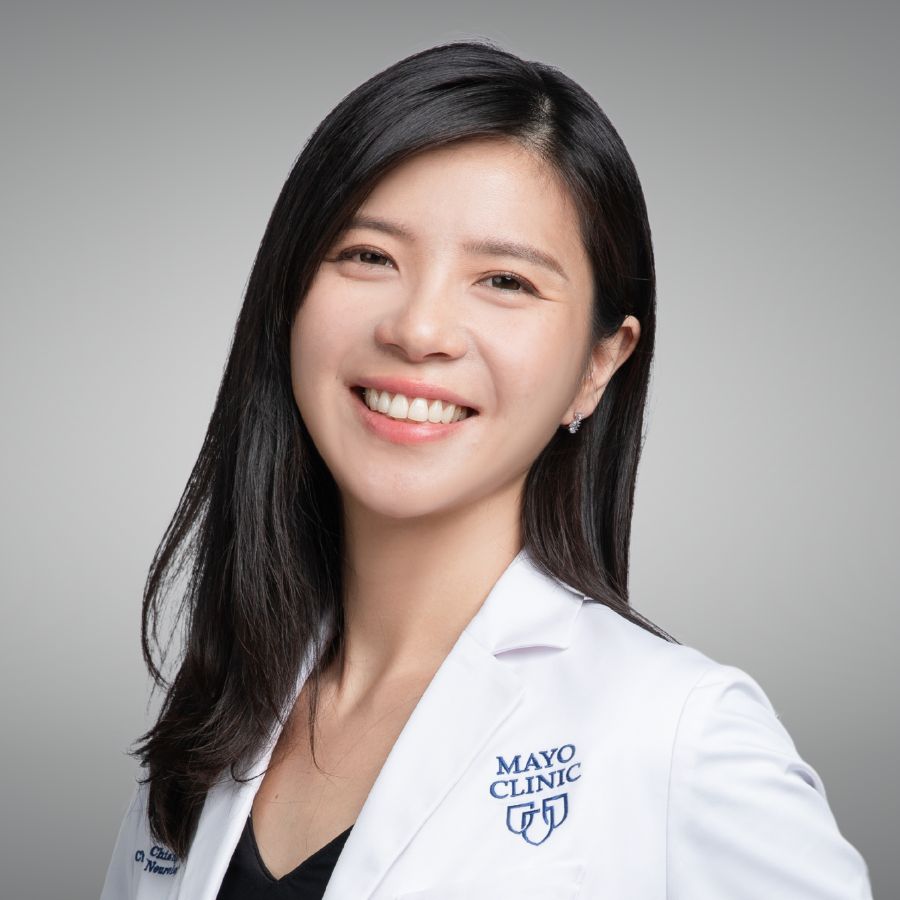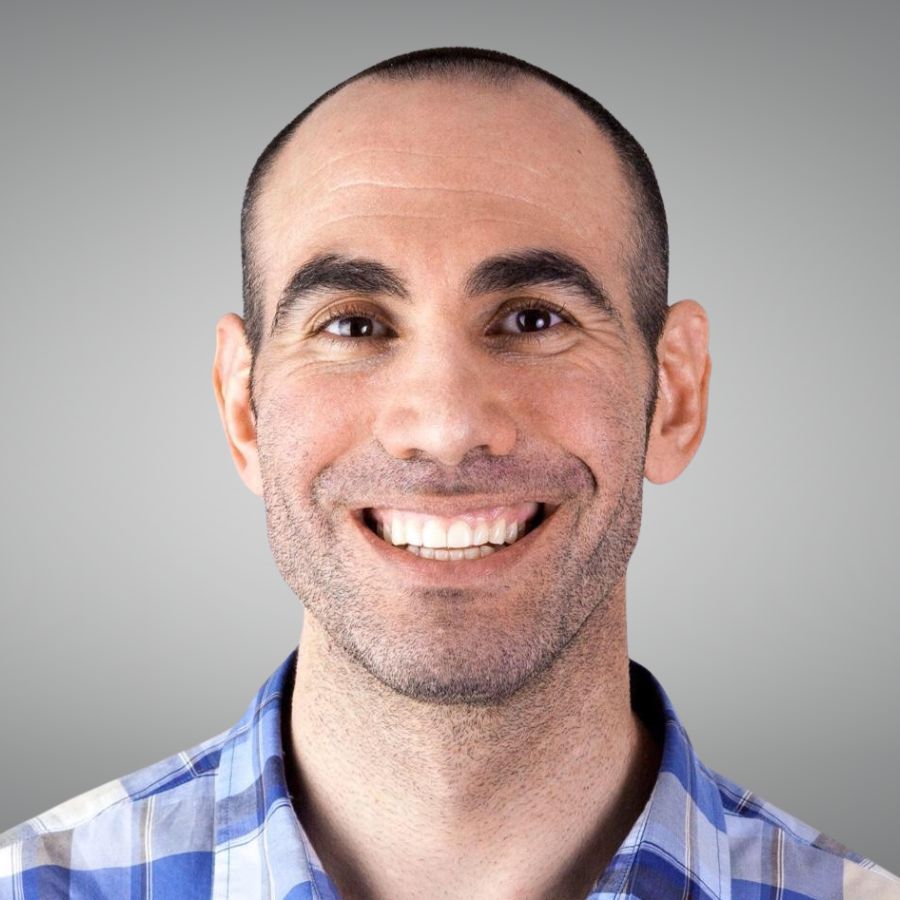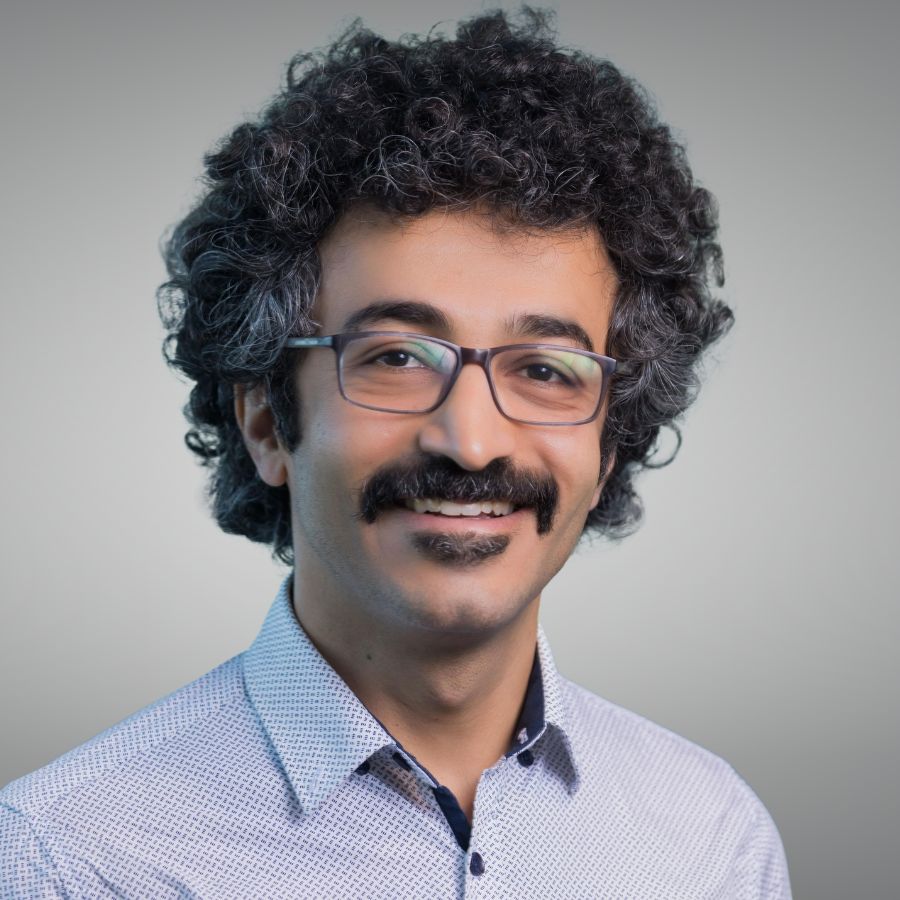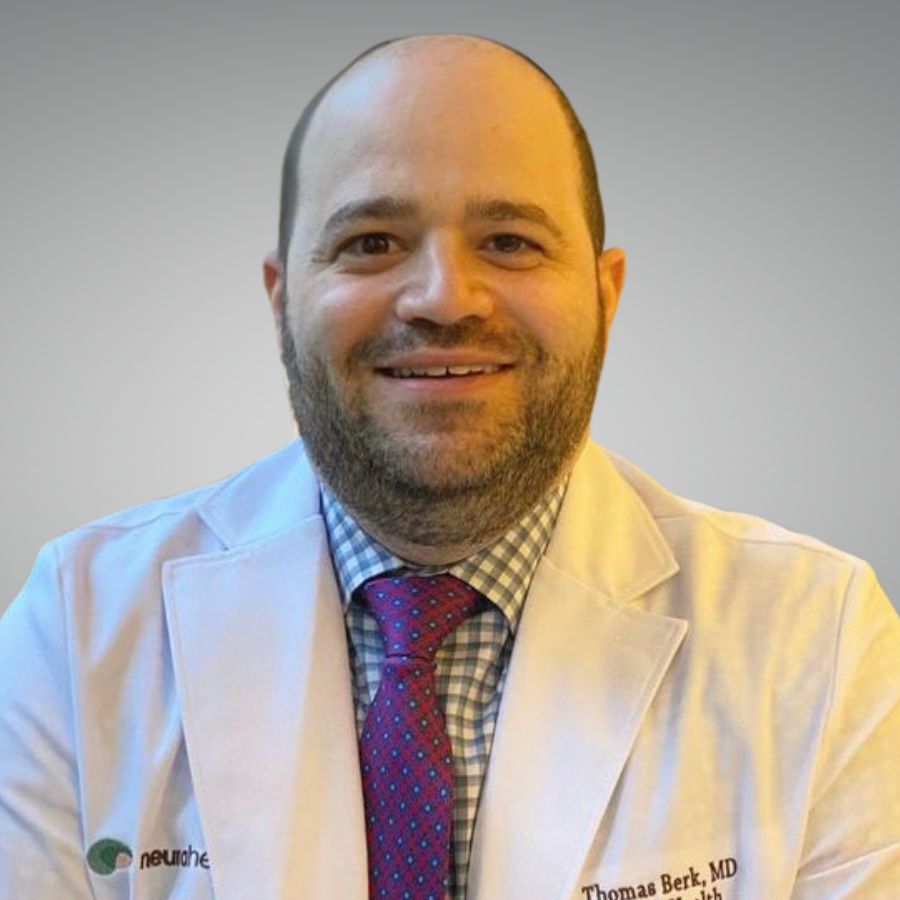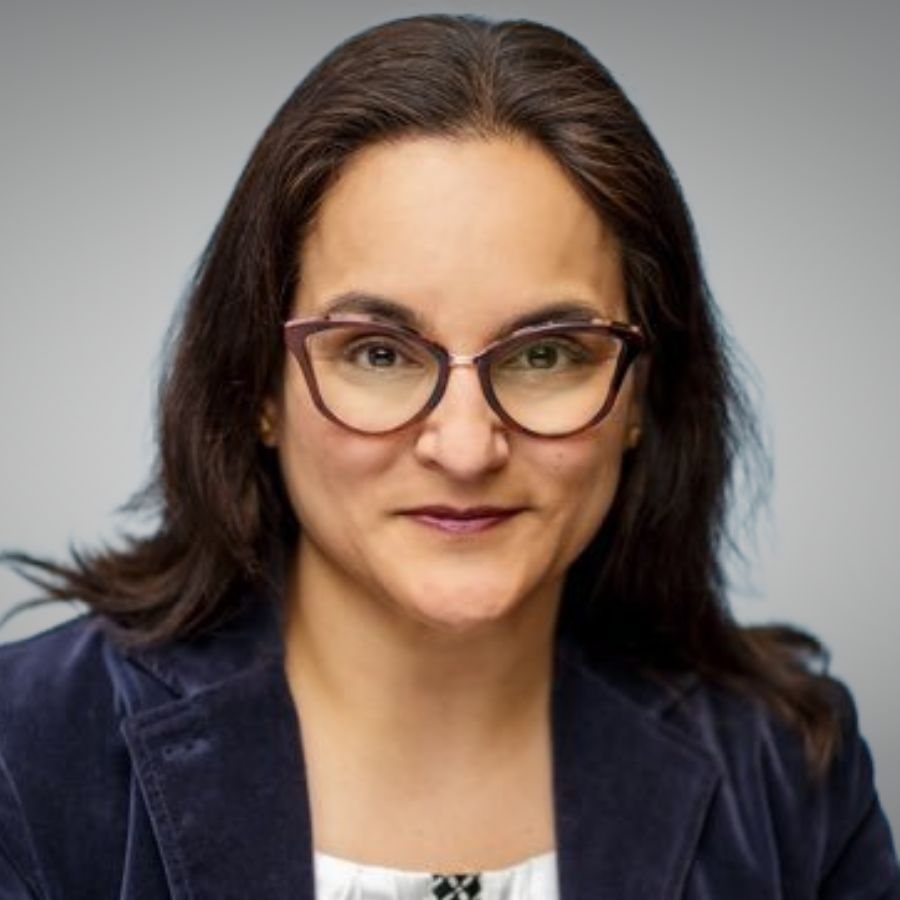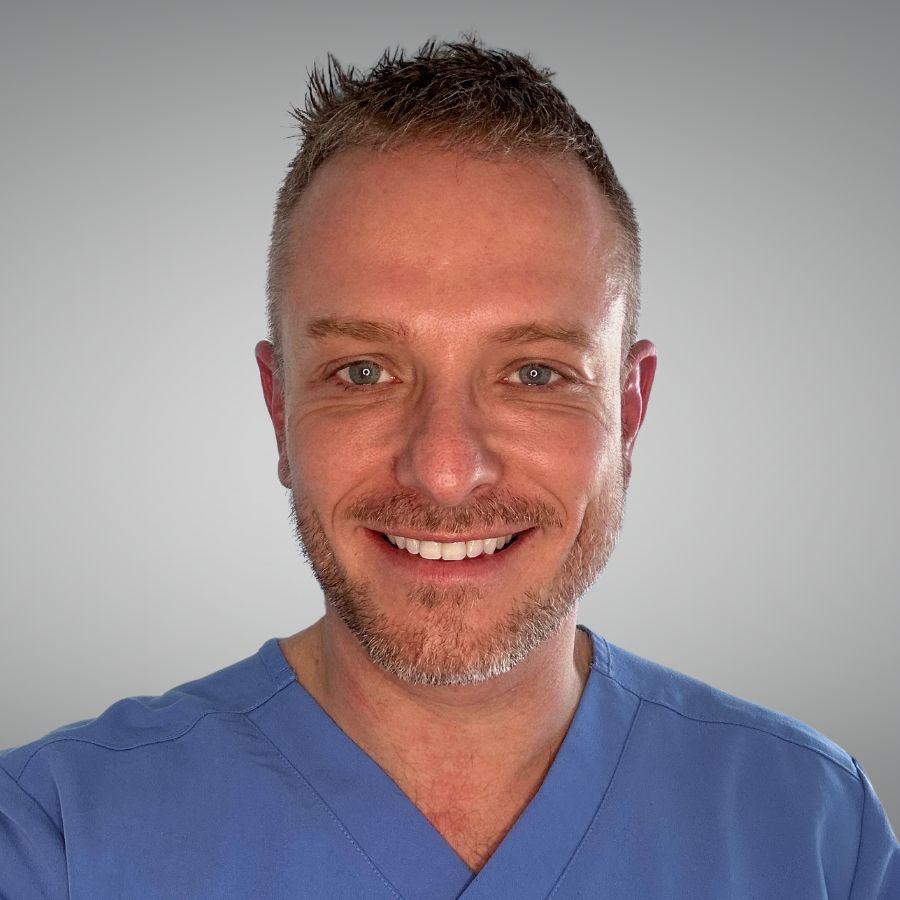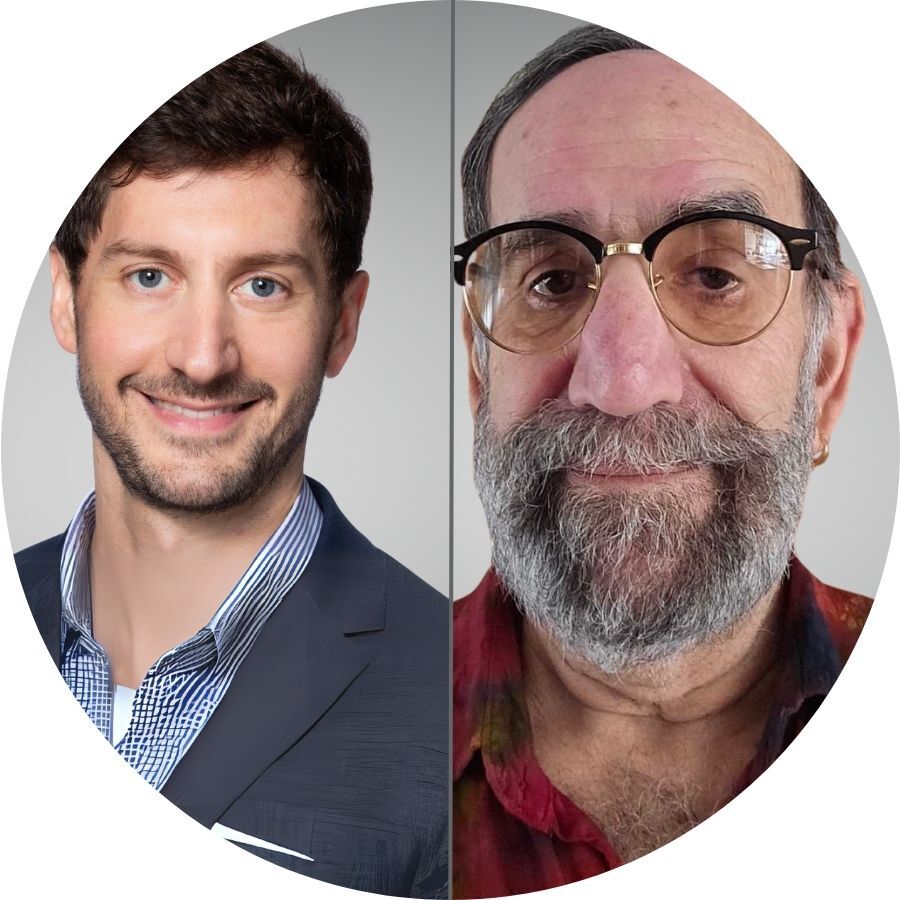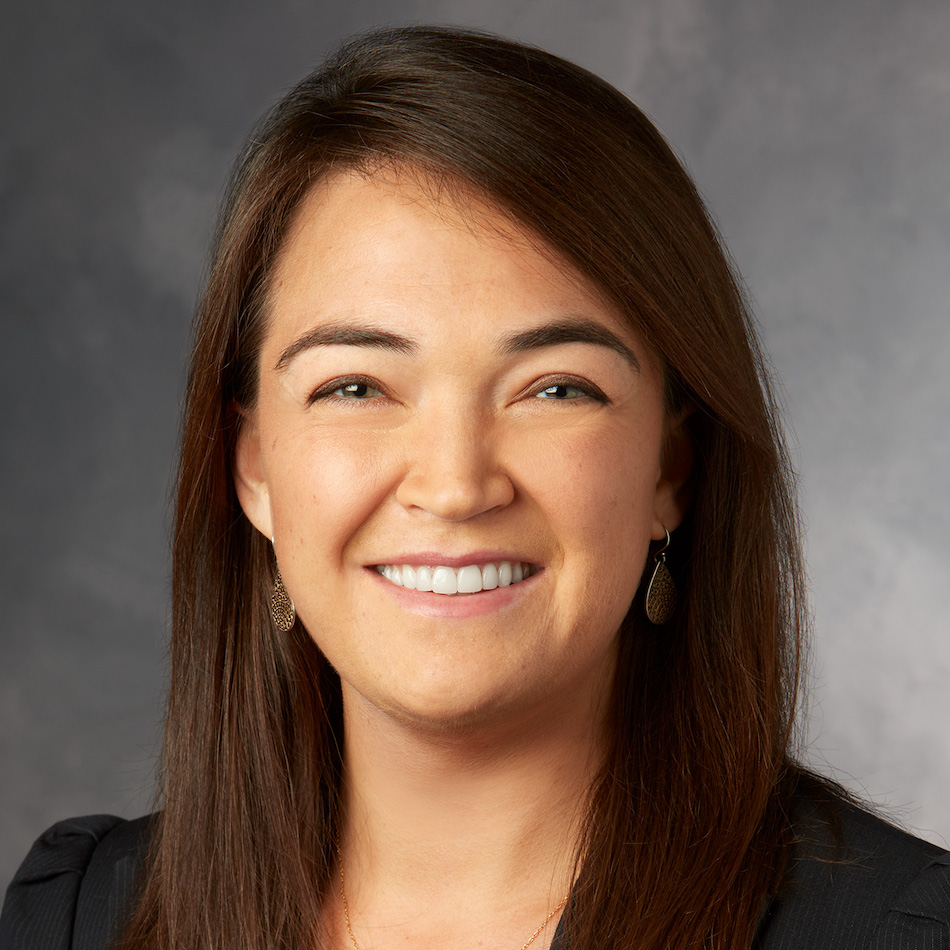Carl Cincinnato stopped taking his health for granted at an early age due to migraine. He has had migraine for 30 years. Over this time health has become central throughout his life and work. This includes working with some of the biggest health companies in the world.
Today, he works with several charities, foundations, and organizations, including Headache Australia, the Brain Foundation, the Coalition of Headache and Migraine Patients, the Global Patient Advocacy Coalition and the World Headache and Migraine Alliance. He is a member of the International Headache Society, he acts on several advisory councils and he also is the editor at MigrainePal.com and co-host for the Migraine World Summit.
Carl is a public and passionate patient advocate for migraine. He has spoken nationally and internationally about migraine and the need to increase research funding, reduce stigma, increase patient support and education.
Elizabeth DeStefano has been a key member of the Migraine World Summit team since 2018, contributing across a variety of roles, including content editing, interviewing, production, and operations. Her expertise and dedication have been instrumental in shaping the Summit’s mission to empower and educate the migraine community.
This year, Elizabeth joins Carl Cincinnato as co-host for the Summit’s live webinars during premiere week, bringing her extensive experience and passion to the forefront. Her inspiring story, shared on her interviewer page video, has resonated with many attendees over the years.
Elizabeth’s journey with migraine began in childhood, fueling her commitment to improving the lives of others. She holds a Master of Public Health from George Washington University and dual Bachelor’s degrees in Science and Arts from Washington & Lee University. With a background in public health, nonprofit leadership, and professional education, she brings a wealth of knowledge and compassion to her work.



